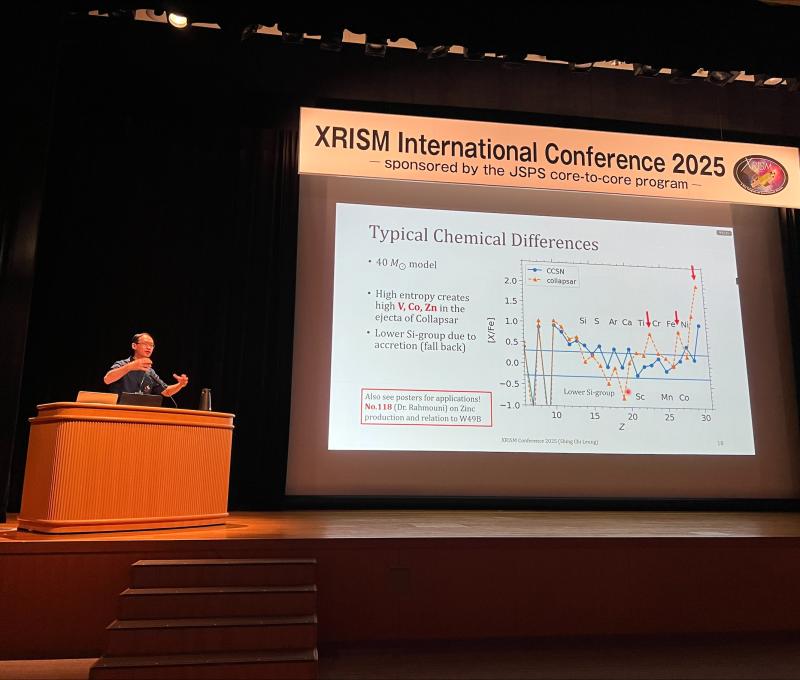Dr. Richard Co-Authors Study on Culture, Self-Control, and Consumer Choice

SUNY Polytechnic Institute Associate Professor of Marketing Dr. Marie-Odile Richard has co-authored new research published in Psychology & Marketing that sheds light on how cultural values influence consumer decision-making. The article, “Cultural Drivers of Vice–Virtue Preferences: The Role of Justification and Trait Self-Control,” was written with Dr. Ali Heydari of Cape Breton University and Drs. Michel Laroche and Michele Paulin of Concordia University. Together, the researchers examined how Hofstede’s cultural dimension of indulgence versus restraint shapes the choices consumers make when deciding between “vice” products, such as French fries or fast fashion, and “virtue” products, like salad or sustainable clothing.
The study relied on two large surveys conducted in Canada, the United States, and Germany. In one, participants selected between healthy and indulgent snacks; in the other, they chose between environmentally friendly and unfriendly behaviors. Across both, individuals who scored higher in indulgence were more likely to opt for vice products, while those leaning toward restraint tended to prefer virtue products. The researchers found that this pattern was not simply a matter of preference. Instead, cultural orientation influenced trait self-control, which shaped the ease with which people could justify their decisions. Those with stronger self-control struggled to justify vices and were more likely to choose virtues, while those with weaker self-control found it easier to rationalize indulgence.
The findings highlight the important role of cultural values in shaping consumer behavior, providing insight not only for marketers but also for policymakers and public health leaders. Businesses can use these insights to tailor messaging and product positioning to different cultural contexts, while health and sustainability campaigns may benefit from understanding how justification and self-control interact with culture. By connecting culture to the psychology of everyday decisions, Dr. Richard and her colleagues offer a framework that helps explain why consumers make the choices they do and how those choices can be influenced in positive ways.







